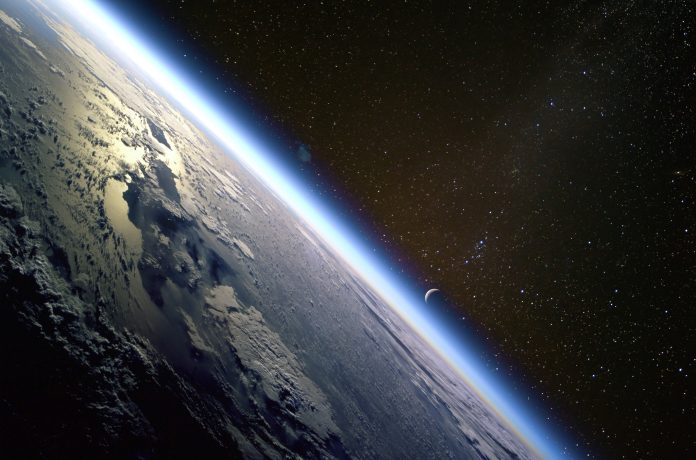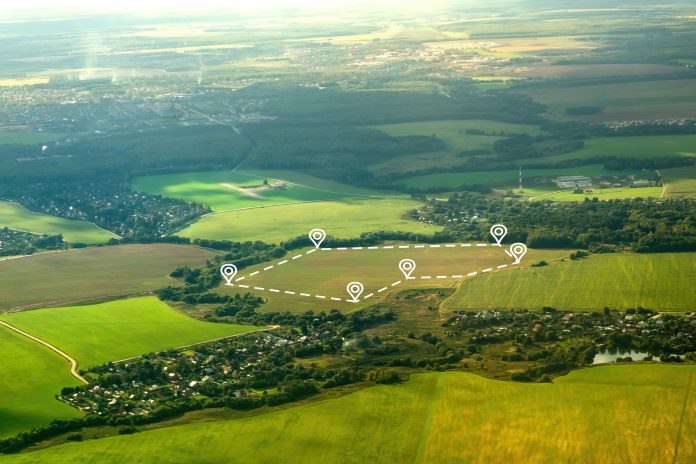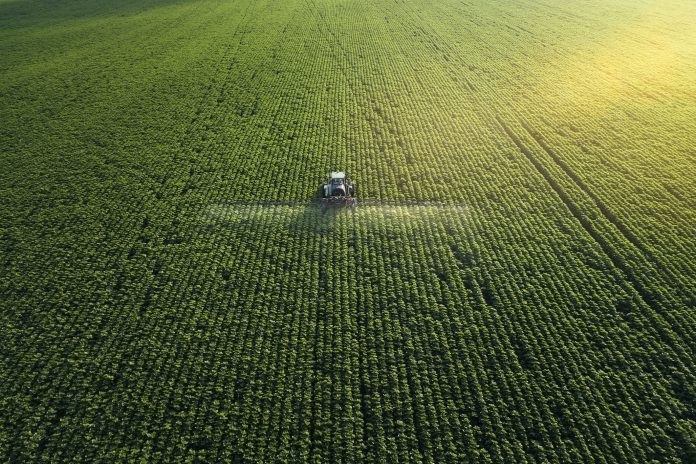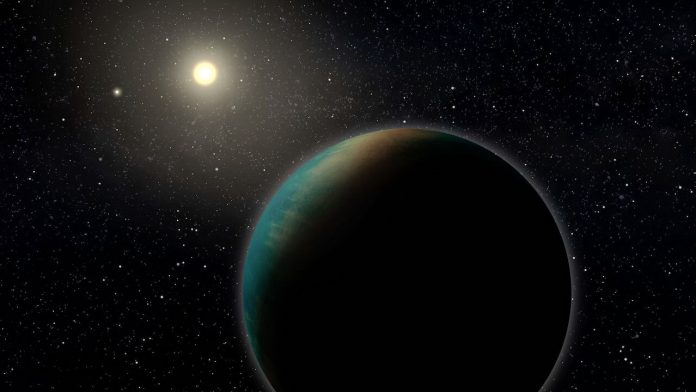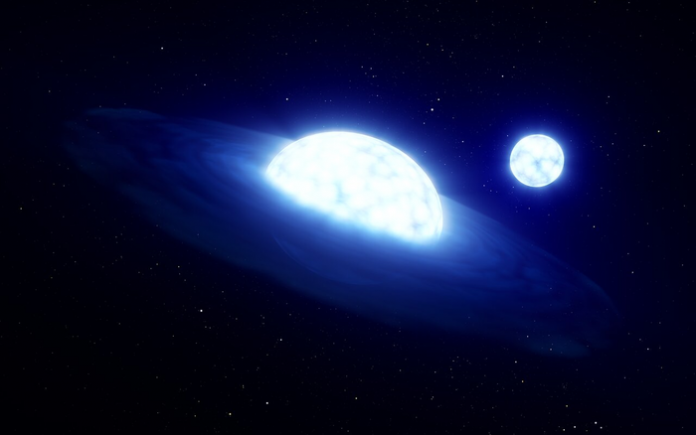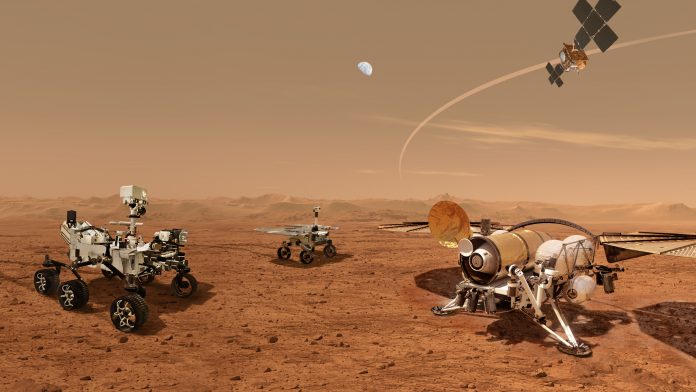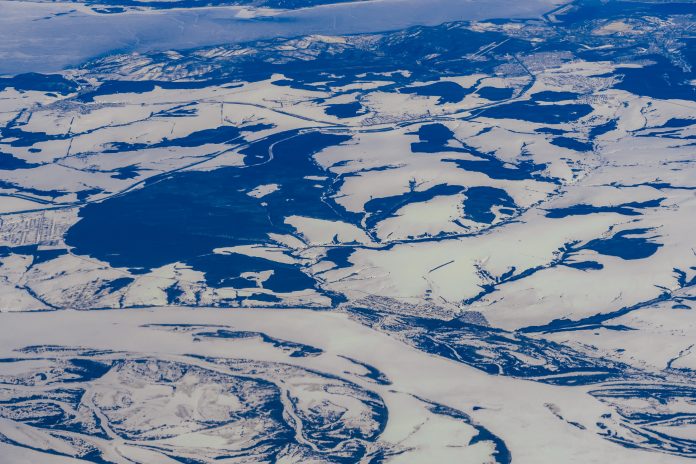Open Access Government produces compelling and informative news, publications, eBooks, and academic research articles for the public and private sector looking at health, diseases & conditions, workplace, research & innovation, digital transformation, government policy, environment, agriculture, energy, transport and more.
Home Search
earth systems - search results
If you're not happy with the results, please do another search
Earth’s atmosphere holds key to large storms impacting satellite comms
An international research team led by Nagoya University and the University of New Hampshire unveils the critical role of Earth's atmosphere in geomagnetic storms and their consequences.
Scientists uncover earth’s largest solar storm
An international group of researchers has identified a significant surge in radiocarbon levels dating back 14,300 years by examining ancient tree rings discovered in the French Alps.
Applications of discrete computation in paleoclimate systems
In this earth climate system focus, Michael R. Gipp, Acting President from Marine Mining Corp, details the applications of discrete computation in paleoclimate systems.
Largest cruise ship on Earth to embark in early 2024
In early 2024, Royal Caribbean International is set to introduce the world's largest cruise ship, the Icon of the Seas, an astounding 365-meter-long vessel that dwarfs even the Titanic.
Can a new algorithm protect us from near-Earth asteroids?
The asteroid discovery algorithm, HelioLinc3D, has revealed its ability to detect “potentially hazardous” near-Earth asteroids and potentially prove invaluable in times of need.
Energy systems and the electrification of transport, industry and household
Energy systems research at the division of Energy technology, Chalmers University of Technology, aims to speed up the electrification of transport and industry as well as decarbonize material systems to reduce embedded carbon emissions of building and infrastructure.
Monitoring ecosystems from space to calculate biodiversity net gain
Shashin Mishra, Vice-President of EMEA at AiDash, examines how monitoring ecosystems from space can revolutionise biodiversity net gain progress and aid the eco-crisis.
Which coastal ecosystems absorb the most greenhouse gases?
Coastal ecosystems everywhere can absorb greenhouse gases. Known as vital ‘carbon sinks’, researchers are now exploring which ecosystem is most beneficial to curb emissions.
Mosses are the lifeblood of plant ecosystems, say researchers
Mosses are not only good for gardens, but are just as fundamental for the entire planet’s health when grown on topsoil, researchers at UNSW Sydney find.
Earth Observation data to be introduced in 35 public sector bodies
Public services like land use, environmental monitoring and emergency response could all be improved with the adoption of Earth Observation data.
Transforming food systems through Global Field ID – a new standard for agriculture?
The new digital farming tool 'Global Field ID' maps field boundaries with technology and assigns unique IDs to each plot of land, with the potential to track changes in food systems.
Materials for fusion reactors: Containing a star on Earth
Experimental metallurgy research: Structural materials to withstand the extreme temperatures inside nuclear fusion reactors.
Deteriorating soil health: ‘A teaspoon of soil contains more life than there are humans...
Christine Sprunger, an Assistant Professor of Soil Health at Michigan State University explores soil health, arguing “a teaspoon of soil contains more life than there are humans on Earth”.
New ‘super Earth’ discovered where you could live for more than 29,000 years
Scientists have discovered two ‘super Earth’ type planets about 100 light-years from our Earth where 1 year is 8.5 days.
Changes to river systems sparks species evolution in the Amazon
Changing dynamics of small river systems in the Amazon allows for the evolution of new species – but can also threaten existing species like birds.
Earth’s closest black hole actually “vampire” two-star system
It has been scientifically accepted that Earth's closest black hole is about 1,000 light-years away - but now, research suggests that black hole doesn't exist.
Earths coldest forest biome is heating up
Northern Arizona University researchers have drawn attention to rising temperatures that are causing Earths coldest forest to shift northward.
Perseverance rover finds ancient lake and river systems on Mars
The NASA rover perseverance found evidence of ancient lake and river systems on Mars, a water system that was working 3.8 or 3.6 billion years ago.
Scientists reveal that aliens may have seen Earth already
A team at Cornell University reveal that aliens, specifically located in 1,715 nearby star systems, could have already seen Earth by watching our planet cross the Sun.
Abrupt thaw events: Local landscape degradations with large-scale impacts on Arctic ecosystems
Thaw slump events are local landscape degradations that are expanding with present-day warming in the Arctic, as explained by Maxime Thomas from the Earth and Life Institute at UCLouvain, Belgium.

